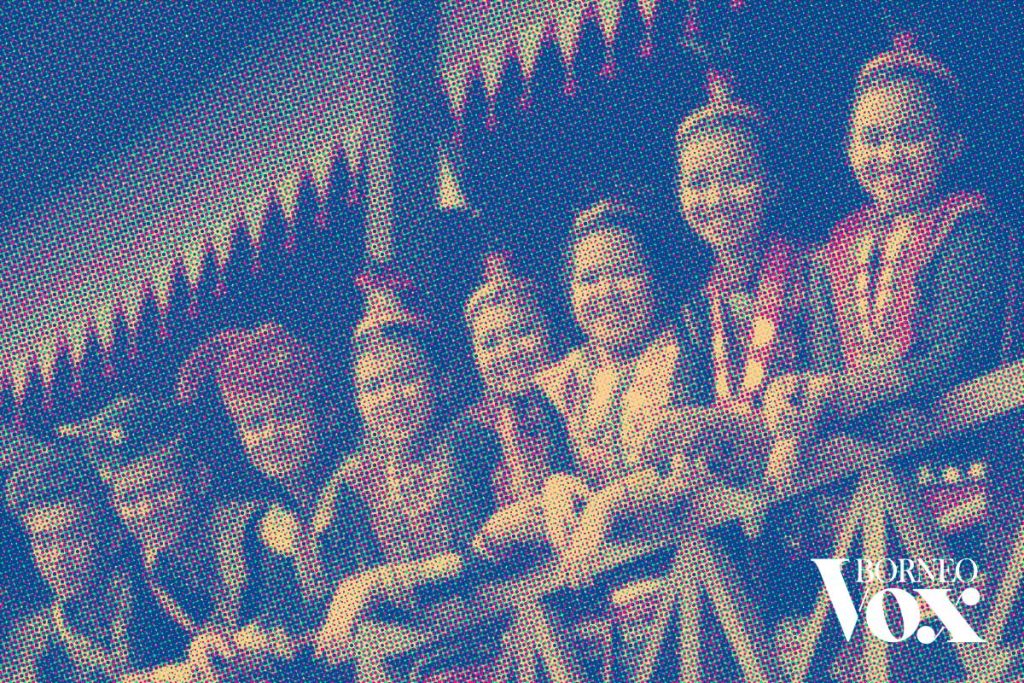The Sabah government has been urged to stop manipulating statistics to create a false image of success in eradicating poverty, with a senior Umno leader warning that the welfare of ordinary people was being treated as a political game.
Umno Beluran deputy chief Benedict Asmat questioned claims that the number of hardcore poor household heads (KIR) in Sabah had fallen by almost 90% in just a year — from 14,553 in February 2024 to only 1,464 a year later.
“This is not just shocking but raises serious doubts about the transparency and honesty of the government’s data,” Benedict said in a statement on Saturday.
He warned that the figures risked misleading the public ahead of the state election.
“Has poverty truly been eradicated, or have the names of the poor merely been deleted from the e-Kasih system, and thus counted as if they no longer exist?”
Benedict said the state’s poverty line income benchmark — set at RM1,218 per household — was already far from the reality of living costs in Sabah, particularly for rural and interior communities.
“The value itself is already far from the reality of the actual cost of living in Sabah, especially for rural and interior communities.
“With the continued rise in the price of goods and limited access to employment opportunities, I question: how is it possible that so many people in Sabah have suddenly emerged from poverty within just one year?”
The state government had attributed the sharp drop to the implementation of the People’s Touch of Gratitude Programme (SYUKUR), claiming it had provided aid to more than 95% of poor and hardcore poor households.
But Benedict questioned whether the assistance had truly reached those in need.
“But has this aid truly reached those in need, or was it simply distributed generally without a transparent and comprehensive system?”
He also criticised the Sabah State Database System (Padans), which the government said allowed new applications and appeals, noting that many rural communities lacked internet access, digital literacy, or sufficient support to submit applications.
“We have also received information that many applications made through UPPM and engagement sessions did not receive satisfactory responses,” he said.
The government’s intervention pillars — housing, education, employment, welfare, and entrepreneurship — had so far produced no convincing evidence of success, Benedict said.
“Until now, there are no convincing impact reports, no real outcome data, and more worryingly, no public involvement in shaping this approach.”
He added that despite the government’s claims, many Sabahans still lived in hardship.
“What does all of this mean if people are still going hungry, children are still dropping out of school, houses are still made of zinc sheets with leaking roofs, and parents still rely on RM300 a month which is insufficient?”
Benedict urged government leaders to personally visit remote villages to see conditions for themselves instead of relying on data from a system he described as loose and non-transparent.
“If hardcore poverty is truly almost resolved, go down to the villages and see their conditions for yourselves. Do not hide administrative failures with figures plucked from a loose and non-transparent system.
“I urge the state government to stop playing with the people’s welfare through cosmetic statistics and fabricated narratives. The people of Sabah are not merely numbers in a report — they are human beings who deserve a more dignified life and to be defended honestly.” – April 26, 2025

